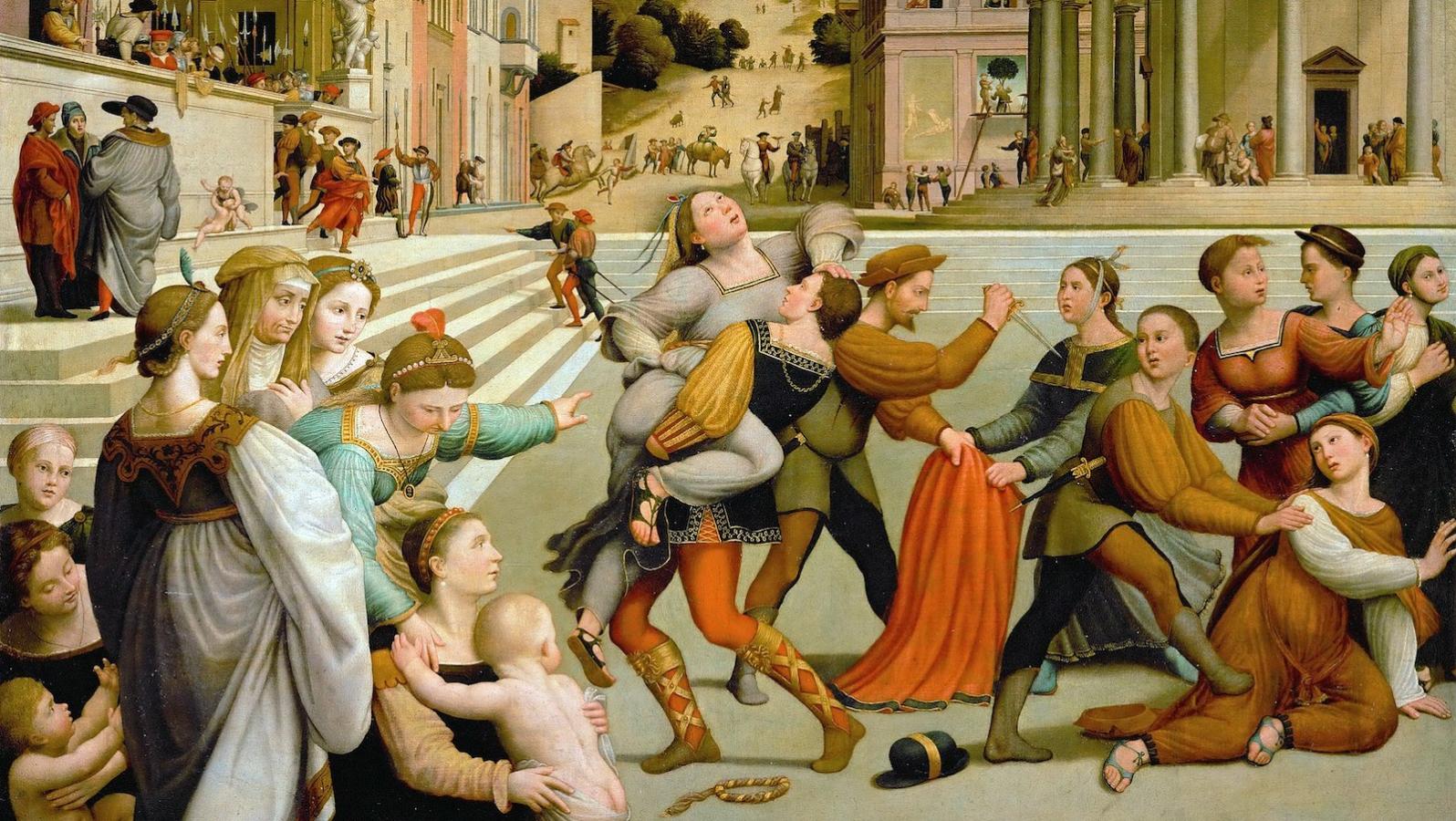Commentary on Parashat Vayechi, Genesis 47:28-50:26
Shimon and Levi are a pair; their weapons are tools of lawlessness.
Let me not be included in their council, let not me be counted in their assembly.
For when angry they slay men, and when pleased they hamstrung an ox.
Cursed be their anger so fierce, and their wrath so relentless …Parshat Vayechi, which we read this week, has the patriarch Jacob on his deathbed proclaiming his last will and testament for his 12 sons: Upon the majority of them he bestows a blessing, while for Shimon and Levi he can utter only a curse. What is it exactly that has brought down his wrath upon these two? His language — quoted above — seems to allude to two separate events: the massacre of the townsmen of the city of Shechem perpetrated by Shimon and Levi in the wake of the rape of their sister Dinah, and the manhandling and kidnapping of Joseph (referred to as an ox at the end of Deuteronomy) that was masterminded according to many commentators by the same fraternal pair.
Jacob’s anger may have been exacerbated by the knowledge that he himself is not completely innocent of responsibility for these two heinous sins. Having exhibiting weak leadership and poor judgment, he is partially complicit in both of them, deceived by his sons into serving as a silent partner in crime.
Upon the rape of his daughter Dinah, the Torah tells us explicitly that “Jacob keep silent until his sons came home.” But no sooner do Jacob’s sons return from the field, than they are met by the rapist and his father who ask for the girl’s hand in marriage. At that point Shimon and Levi duplicitously announce that the marital union can take place only under condition that all the men of the city agree to circumcise themselves. No family consultation having taken place, Jacob is in the dark as to the nature of the plan that has been presented in the name of the family of which he is the head! He is utterly unprepared for what follows: While the men of the city are incapacitated by the pain of the surgical procedure they have just endured, Shimon and Levi swoop down and massacre one and all. Jacob has been deceived into complicity with the diabolical and immoral behavior of his hotheaded sons. He has been duped into inclusion in a council of lawlessness bent on the angry slaying of men.
Complicity of Jacob and duplicity of the brothers are found as well concerning the fate of Joseph. The Torah tells us in no uncertain terms that Jacob’s sons hated and despised Joseph, but it also alludes to one of the primary reasons for the resentment that fueled their hatred — the blatant favoritism displayed by Jacob towards his especially beloved son, expressed among others ways by the beautiful multicolored tunic that Jacob bestowed upon Joseph. And it was also Jacob who inexplicably allowed the brothers to overpower Joseph — according to Midrashic tradition, the scheme was instigated and led by Shimon and Levi — by he himself dispatching Joseph alone to visit the brothers while they were grazing their sheep far away from father’s watchful eye.
When the brothers return home and Joseph is nowhere to be found, Jacob would of course have sent out a search party to find the young man who presumably lost his way in the vast expanses of pasture land … were it not for the fact that his sons trick him into believing that Joseph has been attacked and torn asunder by a wild beast. They present to him Joseph’s torn and bloodied coat – torn and bloodied of course by none other than they themselves – and leave Jacob to reach the (erroneous) conclusion that Joseph has been killed and there is therefore no point in trying to find him.
So to at least some degree Jacob shares guilt with Shimon and Levi for their two great evils. And to a certain extent he was tricked by his sons into the inadvertent role that he played in these tragedies.
What did Jacob do to deserve this? Perhaps the cruel fate that befalls him is what our sages called “measure for measure” punishment. For whose example were his sons following when they repeatedly deceived their father if not that of Jacob himself, who impersonated his sibling Esau to wrest control of his father Isaac’s blessing! The son who cruelly deceived his father but once, is he himself deceived by his sons not once but twice.
Deception comes home to haunt. Once perpetrated, it perpetuates itself. A vicious cycle engulfs the family, from which one may extricate himself only with the greatest of difficulty. Will the tragedy be repeated in our own families, or will we learn the lesson that the Torah is endeavoring to teach?

Help us keep Jewish knowledge accessible to millions of people around the world.
Your donation to My Jewish Learning fuels endless journeys of Jewish discovery. With your help, My Jewish Learning can continue to provide nonstop opportunities for learning, connection and growth.



